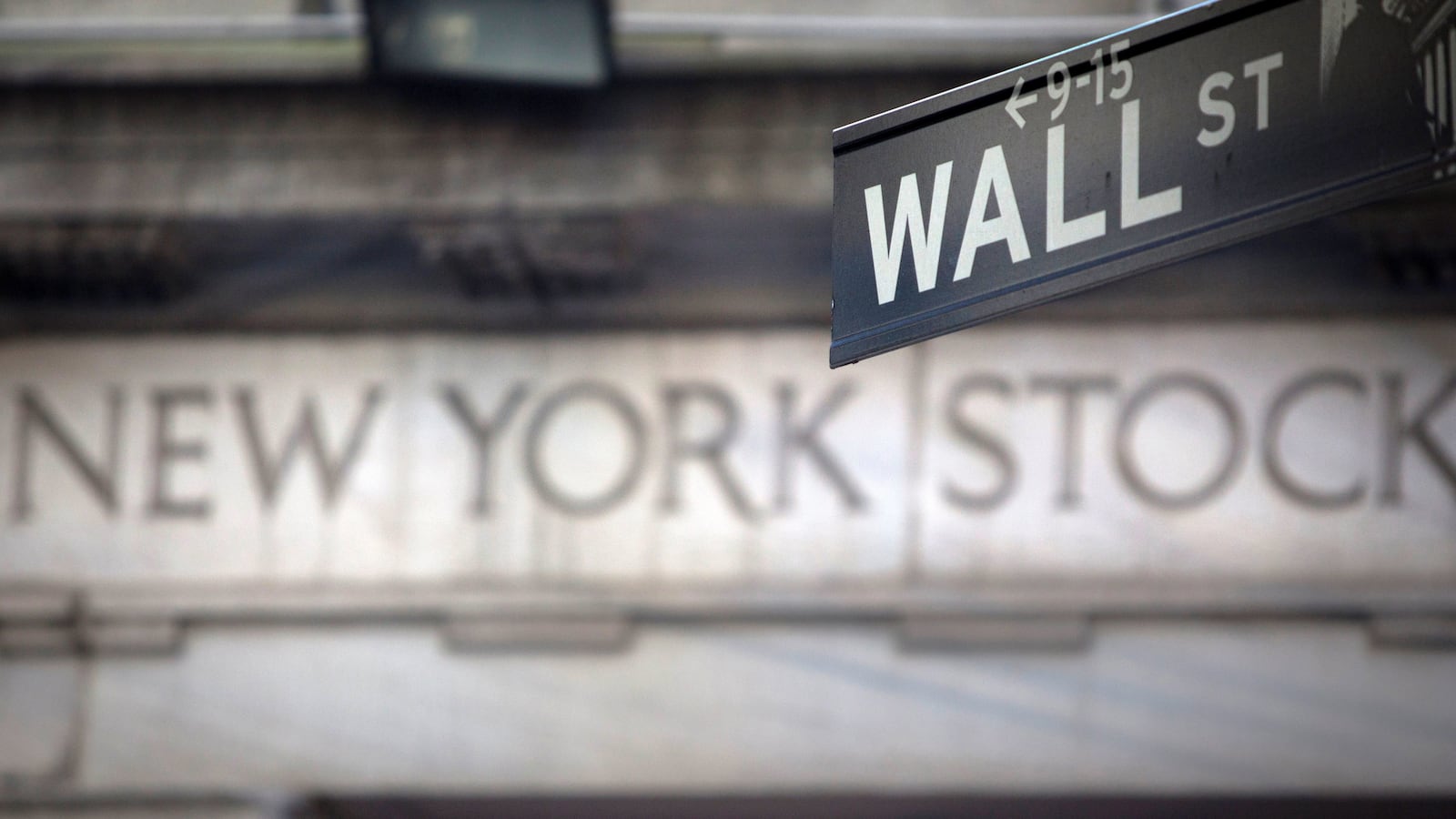The frenzy over celebrity-endorsed investment vehicles known as SPACs has prompted the Securities and Exchange Commission to warn amateur investors not to turn fandom into a financial disaster. High-profile sponsors from NBA legend Shaquille O’Neal to tennis star Serena Williams to ex-Trump adviser Gary Cohn have loaned their star power to “special purpose acquisition companies”—which has regulators worried.
“Celebrities, like anyone else, can be lured into participating in a risky investment or may be better able to sustain the risk of loss,” the SEC wrote in a statement. “It is never a good idea to invest in a SPAC just because someone famous sponsors or invests in it or says it is a good investment.”
Once an obscure form of financial engineering, a SPAC is a shell company that trades on a stock exchange, with the intent to merge with or acquire another company. The gist: a group of founders create a SPAC, take it public, and sell shares for the so-called “blank check company.” Using the investment money, the SPAC will look to merge or acquire another non-shell company within a certain time frame. If the SPAC finds a company within that time, its investors benefit. If it doesn’t, the SPAC dissolves and returns the money, minus expenses. Economist Lora Dimitrova has dubbed them “the poor man’s private equity.”
SPACs have boomed in popularity over the past 15 months; in that period, some 474 SPACs have registered with the SEC, raising a collective $156 billion dollars. At the forefront of the rush are a collection of athletes, musicians, and former politicians scrambling to get a piece of the action and sponsor their own shell corporation. Former baseball star Alex Rodriguez started a SPAC called Slam Corp.; Colin Kaepernick threw in for a $1 billion SPAC called Mission Advancement that promised to advance a “social mission.” Jay-Z’s SPAC just merged with two companies to form the largest weed firm in California. The list goes on: Billy Beane, Ciara Wilson, retired House Speaker Paul Ryan, to name just a few.
“The basic case for SPACs,” Bloomberg’s Matt Levine wrote last week, “is ‘people are lining up to throw money at SPACs so I might as well grab some of it.’”
Economist Dean Baker (who is an occasional contributor to The Daily Beast) said part of why SPACs are popular is because other investment vehicles have low interest rates or returns in recent years. “People are looking at very low returns if they put their money in bonds,” Baker said, comparing the SPAC craze to Bitcoin in their hyperbolic promises of huge profits: “Although with Bitcoin,” he added, “people actually did make money.”
“I haven’t seen a breakdown of the SPACs—how many athletes, actors, and so on—but people admire these people. It’s hard for me to understand. Take Tom Brady—he’s a great quarterback, but why would you think the people he’s lined up to handle his money are good at that necessarily?” Baker said. (Brady doesn’t have a SPAC—yet.)
SPAC Guru, one of many Twitter accounts that have popped up to fill the demand for SPAC-related information, had the opposite take. The anonymous adviser, who says he spent years working in mergers and acquisitions, saw the spike first hand, watching his Twitter turn from personal diary to SPAC dispatch with more than 75,000 followers just since June. He contends that SPACs offer entry-level people a way to invest with relatively low risk. The celebrities were often just tacked on as PR stunts, he said.
“First thing is that the celebrity is usually not the sponsor,” he said. “The sponsors are usually bankers. They bring the celebrity in as someone on the sponsor’s side––whether it’s Shaq or whoever. They have to do the same exact S1 registration that any other company does... They go through the same rigorous hurdles as any other IPO...Even if the celebrity’s a dingbat, if they’re in a SPAC it’s cause they put in some money and it’s their name and it gets more publicity because more people speak about it.”
But critics call the fantastical excitement over SPACs a bubble, destined to pop any day now. Investor GMO co-founder Jeremy Grantham, who inadvertently made over $250 million off SPACs last year after one bought a company he’d invested in, has called for a ban on them, saying they are “a license to rip investors off.” Charlie Munger, Warren Buffet’s 97-year-old business partner, sneered that SPACs were merely “crazy speculation” and “irritating.”
And billionaire Chris Sacca tweeted this week that SPACs are so anxious to have famous names tied to the venture that he has been offered seats on boards with the promise that he would not have to do anything.
SPACs have seesawed wildly in popularity over the years. After their invention in the 1990s, the investment vehicle lingered in relative obscurity, only to resurface after 2003. The surge lasted for years—right up until the 2007 stock market crash. “They have represented a significant proportion of IPOs, especially in the years leading up to the 2007-2009 financial crisis,” Dimitrova wrote in a 2016 paper. In 2007, she wrote, SPACs made up more than one-third of all IPOs in the U.S.
Baker, who was among the first economists to predict the housing market crisis, said he saw similarities between then and now.
“Oh yeah, this is just people being irrational,” Baker said. “Going back to the housing bubble days, people were just saying crazy, crazy things— ‘housing always goes up,’ [or] ‘you can always live in your house.’ What does that mean? It’s the same with these SPACs. It definitely has the characteristics of a bubble





